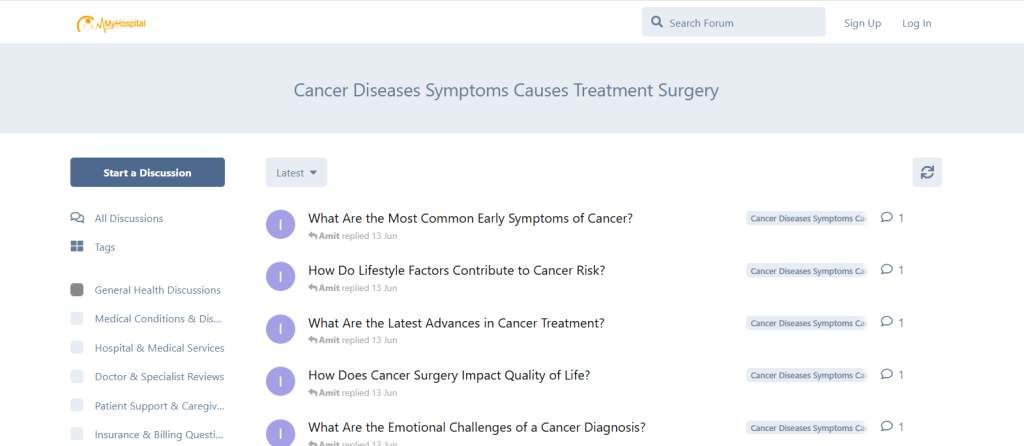
A cancer diagnosis is devastating, but the secondary diagnosis—the financial toxicity of care—is often just as brutal. For patients battling refractory blood cancers, the revolutionary, life-saving CAR T-cell therapy can cost upwards of $400,000 to over $1 million in Western healthcare systems.2
This staggering cost has created a new, urgent wave of medical tourism. Global centers of excellence, particularly in Asia and Europe, are now offering the exact same FDA-protocol-compatible CAR T-cell therapy, performed by specialists trained at top global institutions, for a fraction of the cost—often between $35,000 and $70,000.
This is not about cutting corners; it’s about accessing an identical medical breakthrough via a more efficient global healthcare structure. This guide is for professionals and enthusiasts seeking the next-generation cure without the crippling financial debt.
2. The Critical Diagnosis/Breakthrough: Reprogramming the Immune System
CAR T-cell therapy represents the ultimate convergence of immunology and personalized medicine, effectively turning the patient’s own immune system into a “living drug.”
The Surprising Statistic: While overall 5-year cancer survival rates in the U.S. have reached 70% for all cancers combined (from 39% in the early 1960s), certain aggressive blood cancers remain highly refractory. For patients with relapsed or refractory Acute Lymphoblastic Leukemia (ALL) or large B-cell lymphomas, CAR T-cell therapy is not an option—it is often the last, best chance at a durable remission.
| Concept | The Urgent Takeaway | The Ultimate Benefit |
| CAR T-Cell Therapy | A patient’s T-cells are harvested, genetically re-engineered in a lab, multiplied, and infused back to attack cancer with extreme precision. | Achieves complete remission in a significant percentage of patients who have exhausted chemotherapy and radiation options. |
| Living Drug | The therapy is a one-time infusion of genetically modified cells that continue to proliferate and patrol the body for cancer long after treatment. | Offers the potential for long-term, durable remission and a better quality of life than chronic, high-dose chemotherapy. |
3. Case Study Spotlight/The Precision Oncology Revolution: Zeroing in on the Target
The success of CAR T-cell therapy hinges on the ability to target a specific antigen (protein) on the cancer cell surface.
Case Example (Storytelling): An American patient, diagnosed with relapsed Diffuse Large B-cell Lymphoma (DLBCL), faced a $450,000 price tag for CAR T-cell therapy at home, which his insurance denied as “experimental.” By traveling to a center in a prominent medical tourism hub, he accessed the identical Anti-CD19 CAR T-cell product. The crucial difference? The cost of treatment, including the mandatory 1-2 weeks of in-hospital monitoring for managing potential side effects like Cytokine Release Syndrome (CRS), was approximately $65,000 total. The treatment was successful, resulting in complete remission.
This highlights the global accessibility of three key breakthroughs:
A. Breakthrough 1: Global Lab Standardization (The CAR Protocol)
Top international centers adhere strictly to established global protocols (often meeting FDA or EU standards) for leukapheresis (T-cell collection), genetic engineering, and cell expansion, ensuring product quality is not compromised by location.
B. Breakthrough 2: Cytokine Release Syndrome (CRS) Expertise
The most severe, common side effect of CAR T-cell therapy is CRS. Vetting a clinic requires confirmation of their ICU-level capability and specialist training in managing CRS—a non-negotiable standard met by elite hospitals globally.
C. Breakthrough 3: Solid Tumor Trials
While currently approved primarily for blood cancers, many international hospitals are part of multi-center clinical trials for solid tumors (like glioblastoma or certain sarcomas), providing access to tomorrow’s treatments today.
This advanced approach depends entirely on world-class diagnostic capability. For a full understanding of the disease, symptoms, and traditional treatments for your condition, start here: https://www.myhospitalnow.com/forum/t/cancer-diseases-symptoms-causes-treatment-surgery.
4. Actionable Tutorial: The 4-Step Vetting Checklist for Advanced Cancer Centers
Selecting an international cancer center for high-stakes treatments requires extreme due diligence.7 Use this checklist to screen potential destinations:
- Step 1: The Specific Expertise Question (The Oncologist’s Record)
- DO NOT ASK: “Are you a good cancer hospital?”
- DO ASK: “How many CAR T-cell infusions for my specific diagnosis (e.g., Diffuse Large B-cell Lymphoma) has your lead oncologist performed in the last 12 months?” (Look for high volume and specialization.)
- Step 2: The Accreditation Credential (The Safety Net)
- DO NOT ASK: “Do you have an international certificate?”
- DO ASK: “Are you Joint Commission International (JCI) accredited, and does your facility have a designated Cell Therapy Unit (CTU) with documented protocols for severe neurological toxicity management?”
- Step 3: The Lab Vetting Protocol (The Product Quality)
- DO NOT ASK: “Is the CAR T-cell product safe?”
- DO ASK: “Is the CAR T-cell product manufactured in-house, or is it sourced from a facility that has a cGMP (current Good Manufacturing Practice) certification recognized by a major Western regulatory body?”
- Step 4: The Financial Transparency (The True Cost)
- DO NOT ASK: “What is the price of the drug?”
- DO ASK: “Provide a detailed, all-inclusive cost quote that explicitly covers the cost of the CAR T-cell product, the conditioning chemotherapy, the hospital stay, and the mandatory post-infusion ICU/monitoring period.”
5. Conclusion: Beyond Geography—It’s About the Lab
The geographic location of your treatment no longer determines the quality of your care. The highest standard in oncology is now defined by access to advanced cellular therapies, adherence to global safety protocols, and transparent pricing. For those facing difficult cancer diagnoses, the world’s leading medical tourism destinations offer a vital, accessible bridge to these life-saving breakthroughs.